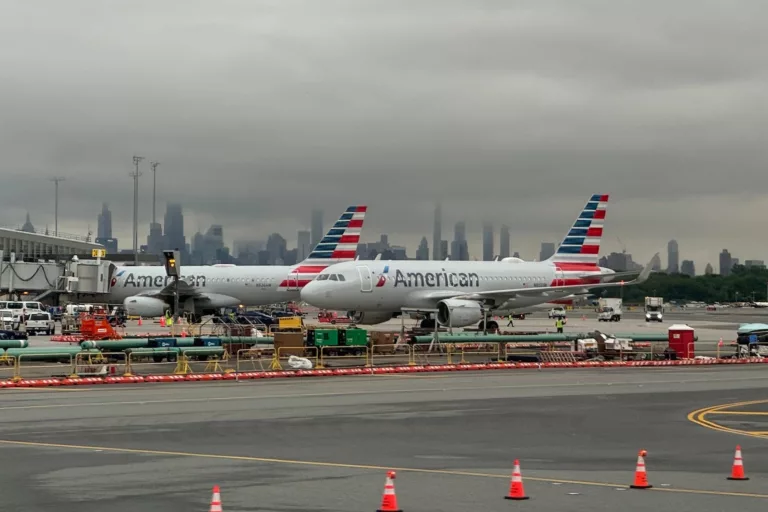Air Canada Strike: Latest Updates and Travel Implications
Air Canada remains grounded as flight attendants continue to refuse a government order to return to work, prompting the government to declare the strike illegal. This situation has left thousands of travelers in limbo, with significant implications for air travel across Canada and the United States.
On Monday, the Canada Industrial Relations Board (CIRB) issued a written statement directing union members to resume their duties immediately and to refrain from participating in unlawful strike activities. Despite this order, approximately 10,000 flight attendants walked off the job over the weekend, leading both Air Canada and its low-cost subsidiary, Air Canada Rouge, to suspend operations on Saturday. Regional flights operated by Air Canada Express remain unaffected.
The CIRB had previously mandated that flight attendants return to work by Sunday afternoon, but the Canadian Union of Public Employees (CUPE) defied this order. Air Canada had initially planned to resume some flights on Sunday but subsequently postponed operations to Monday. As of Monday afternoon, the airline’s plans remained uncertain, and it was unclear what actions the government might take if flight attendants continued to refuse to comply. While union leaders could face arrest and members could incur hefty fines, the union has labeled the government’s attempts to impose binding arbitration as unconstitutional.
Even if the strike is resolved quickly, travelers should brace for potential delays and disruptions. Air Canada has warned that it may take several days for operations to return to normal once flights resume. The airline’s Chief Operating Officer, Mark Nasr, indicated that a full restart could take up to a week, emphasizing that the airline’s operations cannot be restarted instantaneously. He stated, “It’s simply not the kind of system that we can start or stop at the push of a button.”
Typically, Air Canada operates more than 720 flights daily, including around 200 flights between the U.S. and Canada. The airline began scaling back operations last week after CUPE issued a 72-hour strike notice.
Air Canada has expressed regret over the impact the strike is having on its customers. Each day of the stoppage could affect up to 130,000 passengers, coinciding with the peak summer travel season and families preparing for the new school year.
The strike stems from unresolved negotiations between flight attendants and the airline regarding compensation, particularly concerning pay during ground time, such as during boarding and deplaning. With the current situation lacking clarity, passengers with Air Canada flights should prepare for potential cancellations.
In response to the strike, Air Canada has implemented a travel waiver for passengers with flights booked between August 15 and August 22, allowing them to change their travel dates to any time between August 23 and September 30 without incurring fare differences. Travelers can also cancel their flights entirely and receive travel credits for any unused segments.
For those scheduled to travel during the strike period who do not rebook, Air Canada has stated that it will attempt to rebook affected passengers on other airlines; however, it has cautioned that capacity is extremely limited, and most tickets are likely to be canceled. The airline has committed to notifying passengers of any cancellations, but travelers are advised to double-check their flight status before heading to the airport.
United Airlines, which codeshares with Air Canada through the Star Alliance network, has also issued a travel waiver, allowing customers with flights to Canada scheduled between August 15 and August 20 to rebook without fees for travel by August 27.
These waivers may be extended depending on the duration of the strike and the time required for Air Canada to fully resume operations. Passengers experiencing travel disruptions should check with their travel insurance providers or credit card companies, as some expenses may be covered. However, Air Canada will not cover costs such as hotels or meals, as Canadian regulations do not classify cancellations due to strikes as within the airline’s control, meaning customers are not entitled to compensation.
As the situation develops, travelers are encouraged to stay informed and check for updates regarding the strike and its impact on air travel. For the latest information, keep an eye on trusted news sources and the airline’s official communications.
In conclusion, while the ongoing Air Canada strike has created significant challenges for travelers, being proactive and informed can help mitigate the impact of these disruptions. Whether rescheduling flights or exploring alternative travel options, staying updated will be crucial for a smooth travel experience during this tumultuous time.







